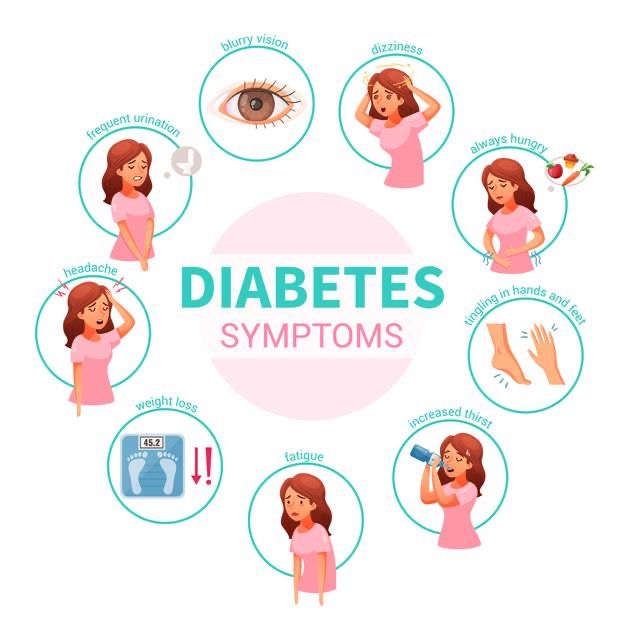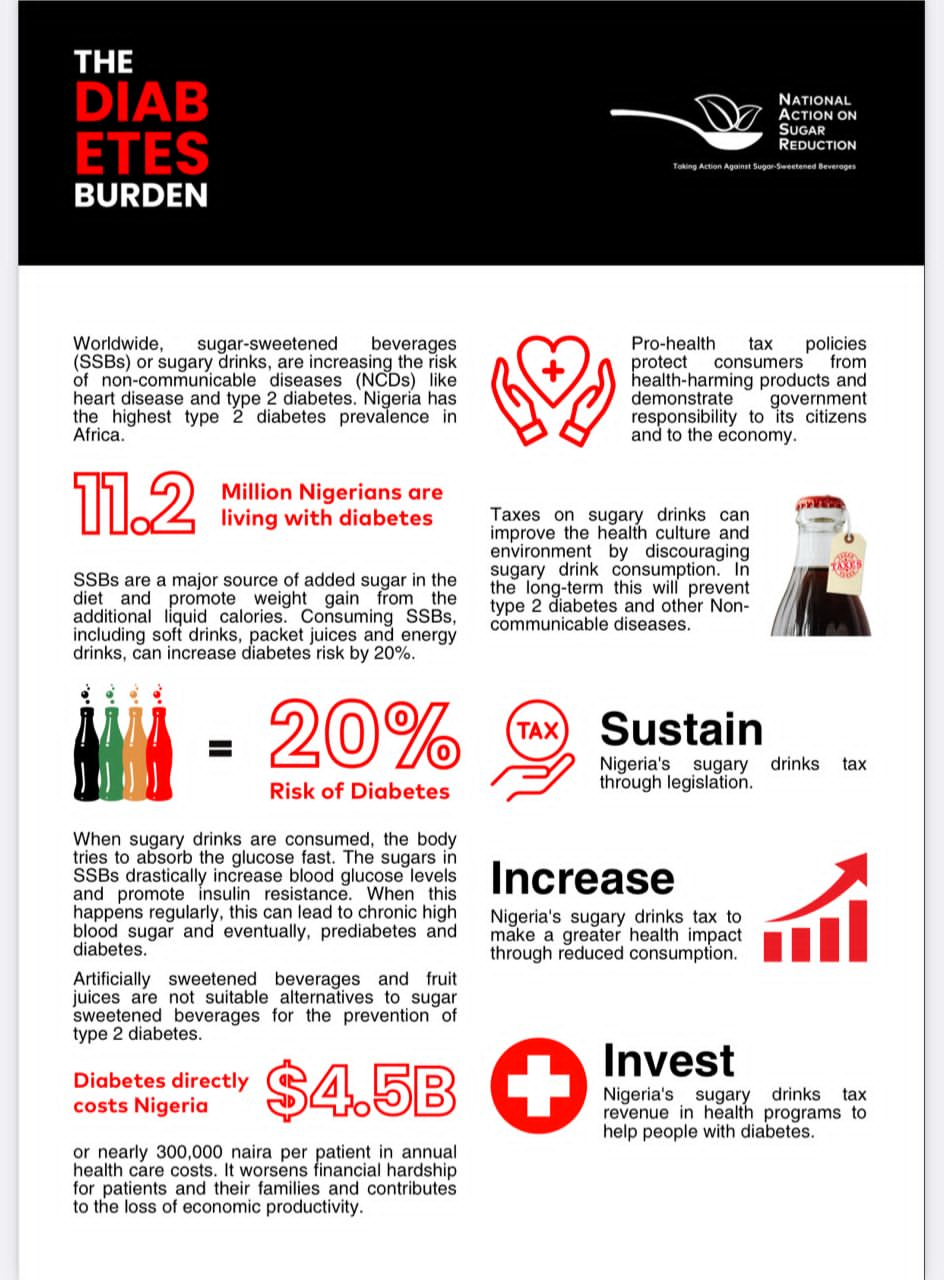
Diabetes is a rapidly growing health crisis in Nigeria, and the burden it places on our society is nothing short of staggering. The economic and social cost of this disease is reaching unprecedented levels, with experts estimating that it costs Nigeria a staggering 4.5 billion USD annually. This is a crisis that cannot be ignored, and urgent action is needed to combat the spread of this debilitating illness.
One of the primary contributors to the diabetes epidemic in Nigeria is the high consumption of sugar and sugary drinks. The excessive intake of sugar has been linked to an increased risk of developing type 2 diabetes, as well as a plethora of other health issues. In a country where sweet treats and sugary beverages are prevalent, it comes as no surprise that diabetes rates are on the rise.
The time has come for drastic measures to be taken in addressing this issue, and one effective solution is through the implementation of taxes on sugar-sweetened beverage companies. This has been proven to be an effective method in reducing sugar consumption, as seen in other countries such as Mexico and the United Kingdom. By taxing these companies, we can discourage the excessive consumption of sugary drinks, while also raising revenue that can be reinvested into public health initiatives to combat diabetes. This is not an attack on businesses; rather, it is a necessary step in safeguarding the health of our nation.
Furthermore, it is crucial for the Nigerian government to introduce public awareness campaigns and educational programs to inform the populace about the dangers of excessive sugar consumption and the risks of developing diabetes. By equipping our citizens with the knowledge and tools to make healthier choices, we can begin to shift the tide in the fight against diabetes.
In addition to addressing the consumption of sugar, we must also focus on improving access to healthcare and treatment for individuals living with diabetes. Many Nigerians living with diabetes struggle to afford the necessary medication and care, and this is a fundamental injustice that demands attention. The government must prioritize the allocation of resources to ensure that all citizens, regardless of their economic status, have access to affordable healthcare and treatment for diabetes. This not only benefits those directly affected by the disease, but it also alleviates the strain on our healthcare system by preventing the progression of diabetes-related complications.
The state of diabetes in Nigeria is undeniably dire, but the situation is not without hope. By implementing measures to reduce sugar consumption, raising awareness about the dangers of diabetes, and improving access to healthcare for those living with the disease, we can begin to reverse this alarming trend. However, it is imperative that action is taken swiftly and decisively. The economic and social cost of diabetes is simply too great to ignore, and the time to act is now.
In conclusion, the burden of diabetes in Nigeria is a crisis that demands immediate attention. The economic toll it takes on our nation is vast, and the human suffering it causes is immeasurable. We cannot afford to stand idly by as this disease continues to wreak havoc on our society. It is incumbent upon us as a nation to take bold and decisive action to combat this epidemic. The implementation of sugar taxes, public awareness campaigns, and improved access to healthcare are essential steps in addressing the diabetes crisis. The time for action is now, and the future health of our nation depends on our willingness to confront this pressing issue.
Checkout all my current offers HERE





